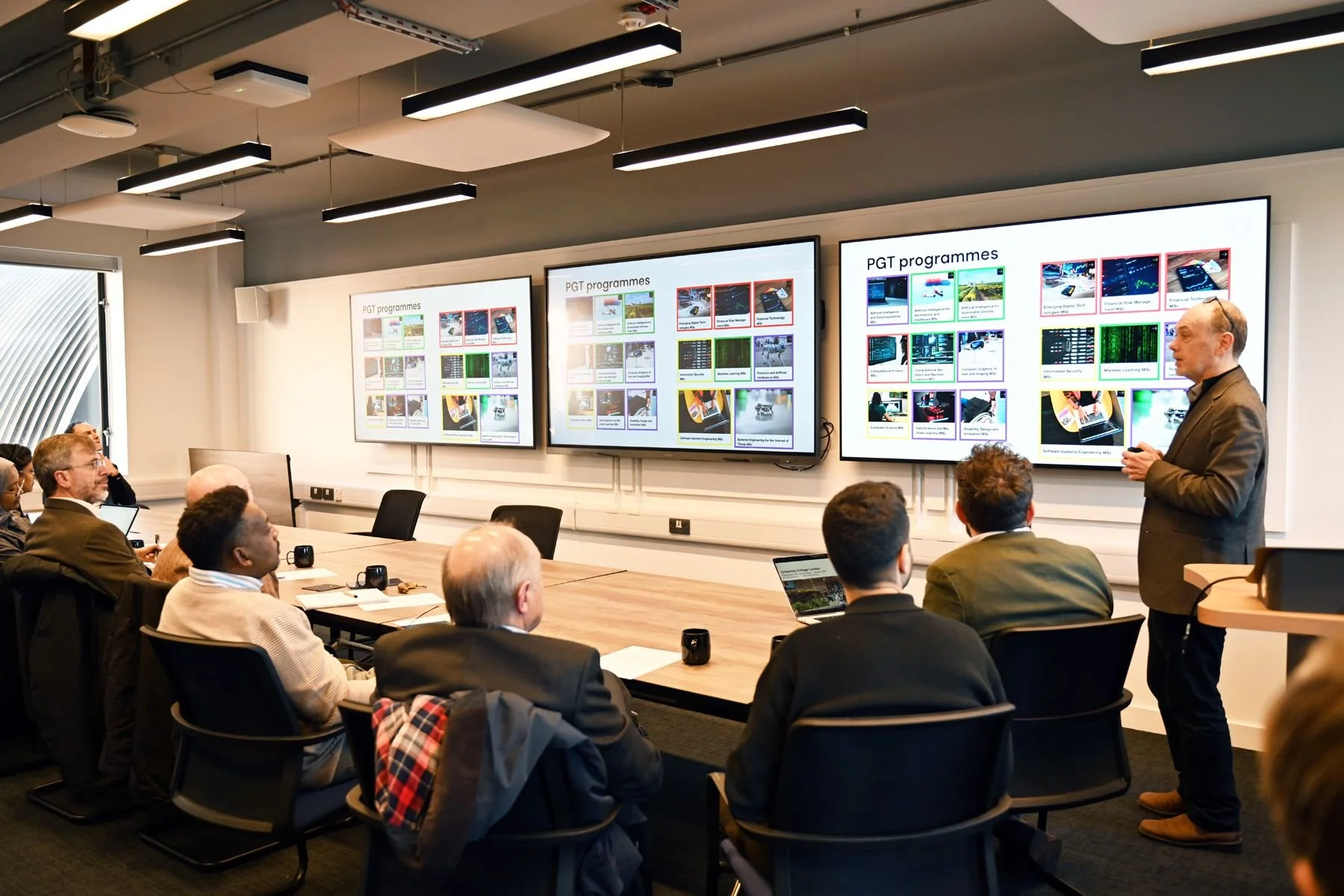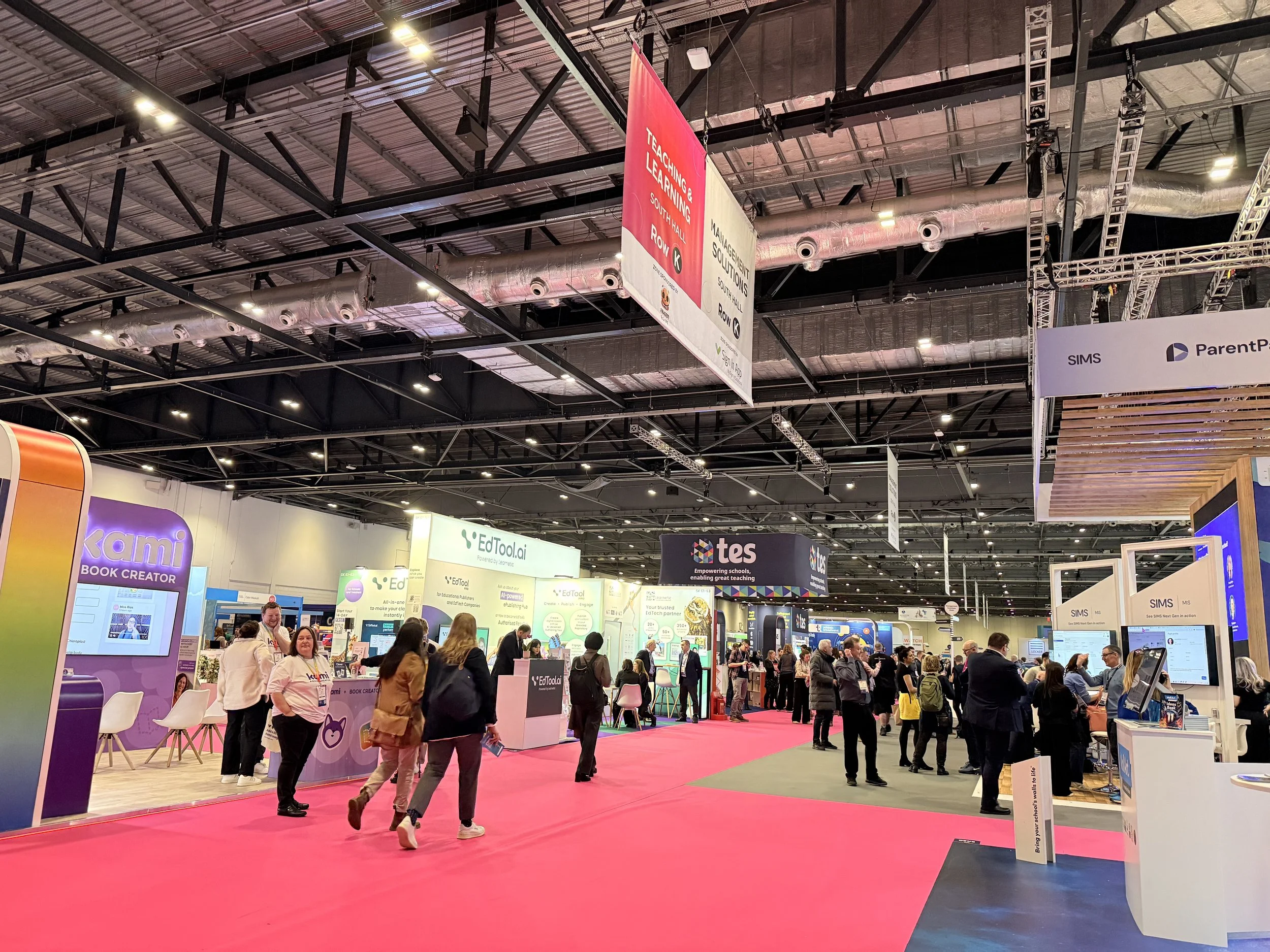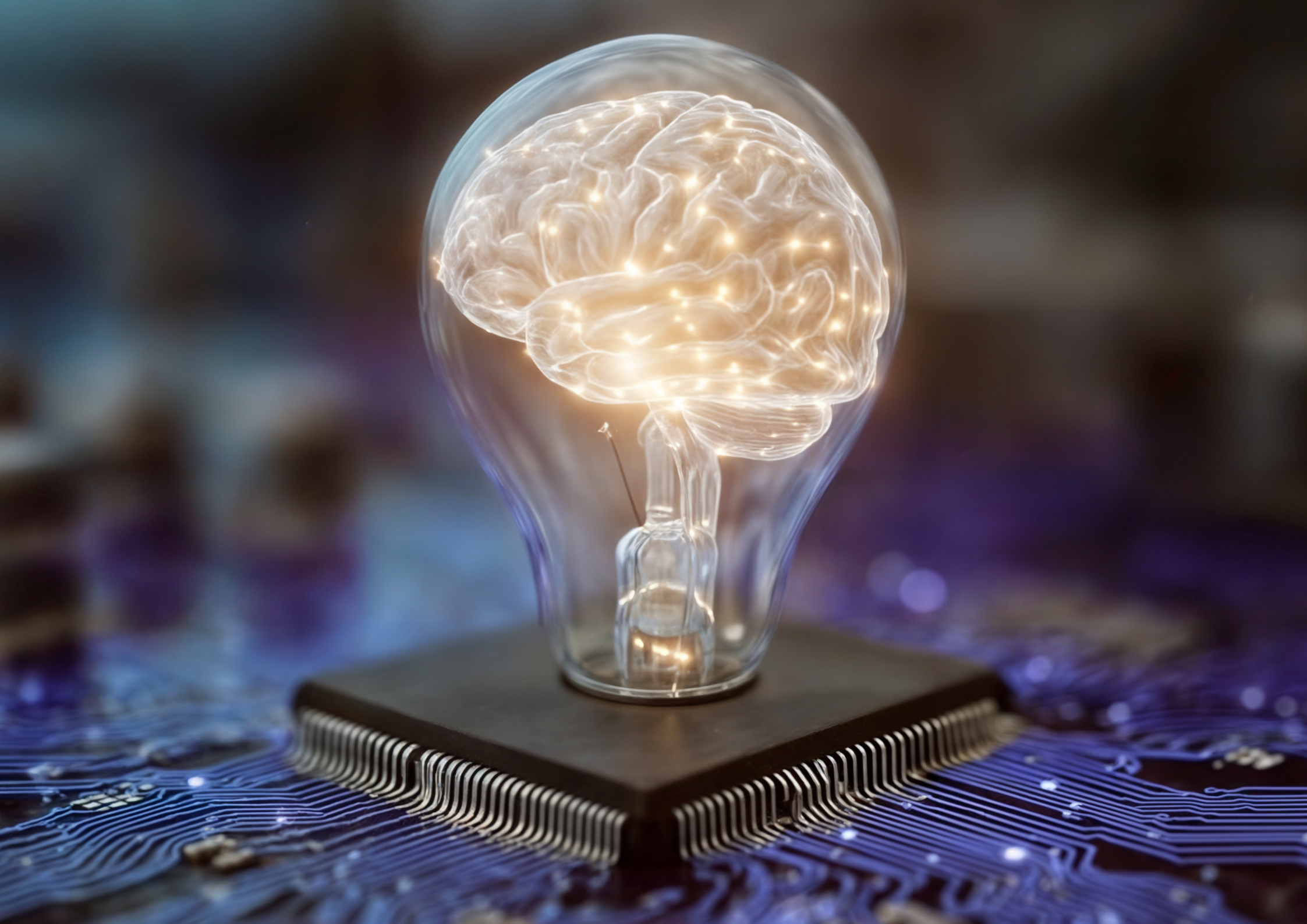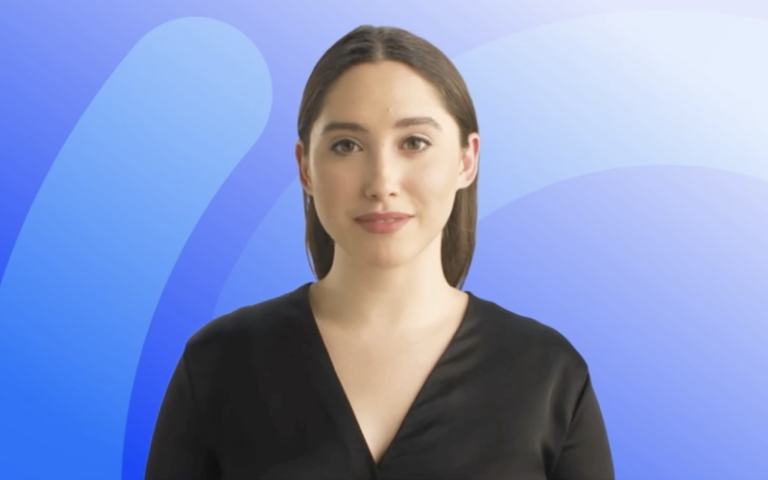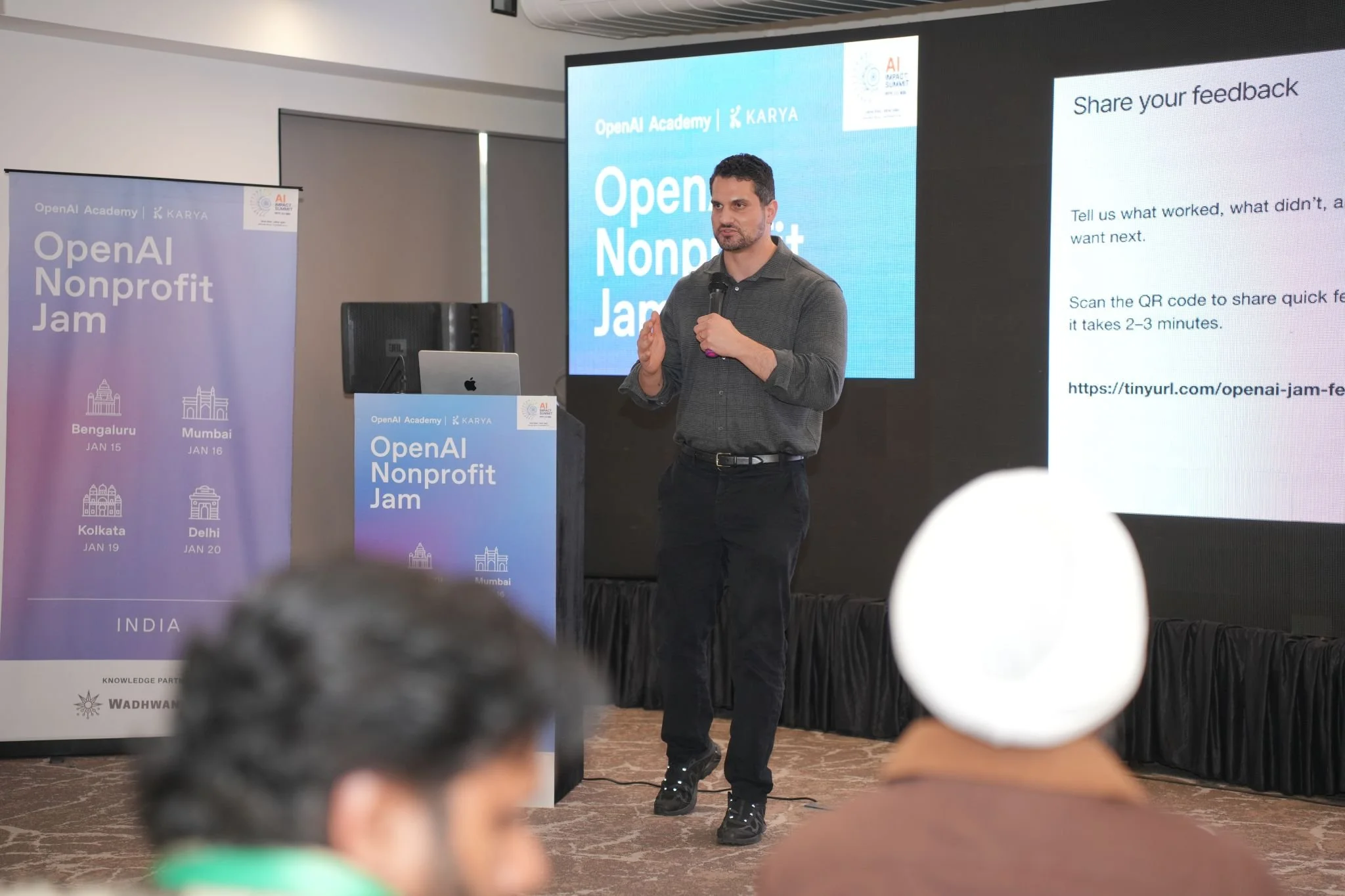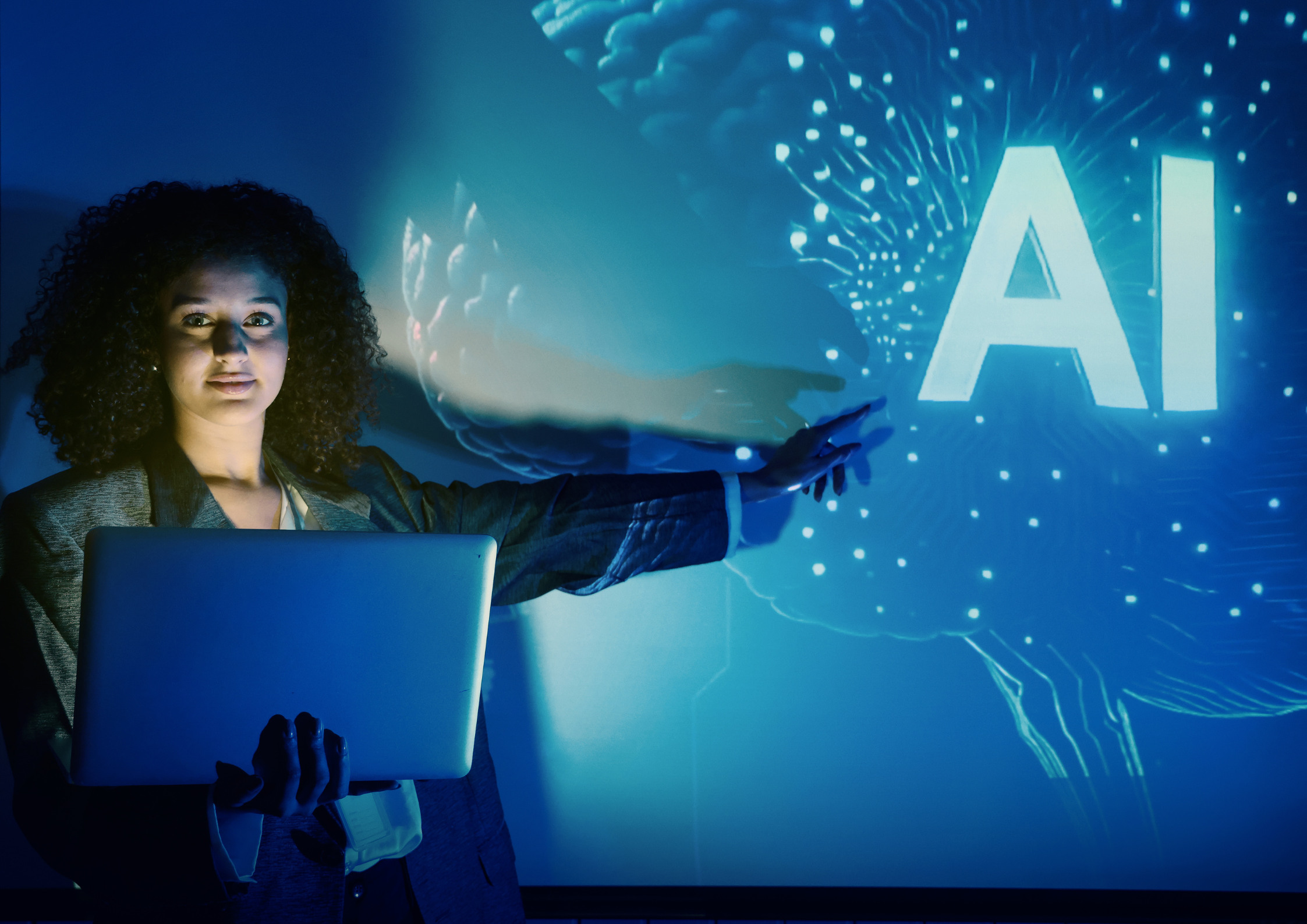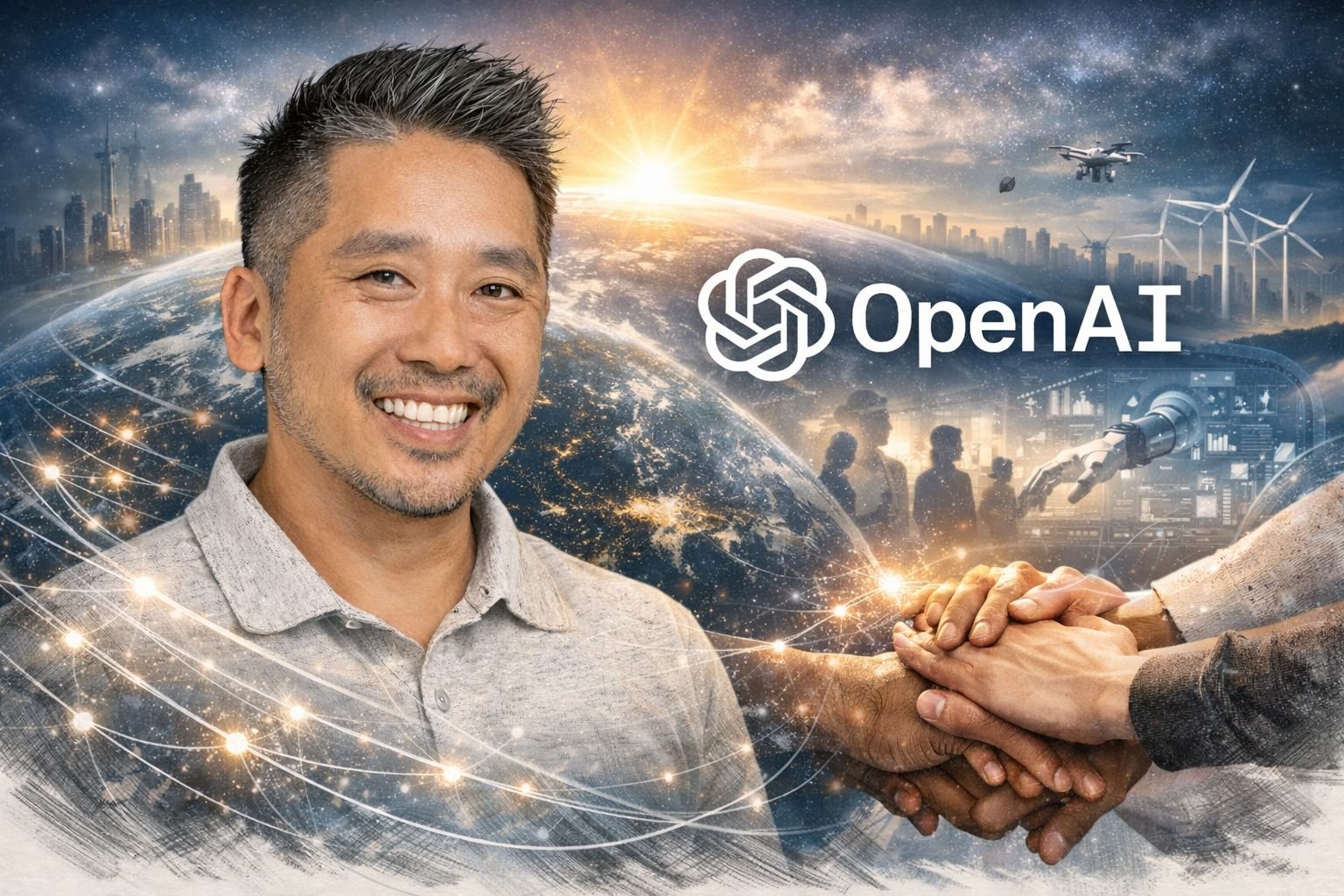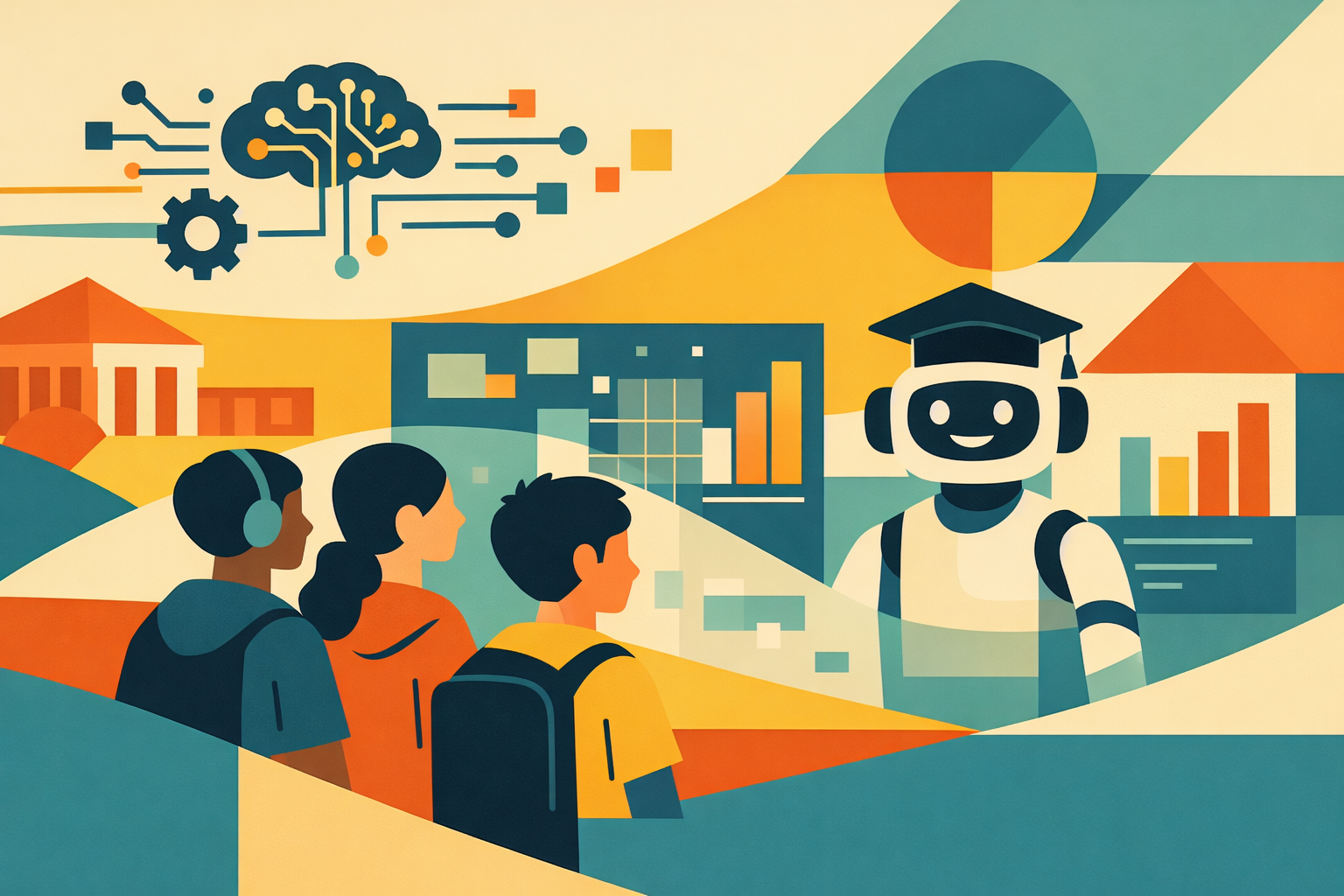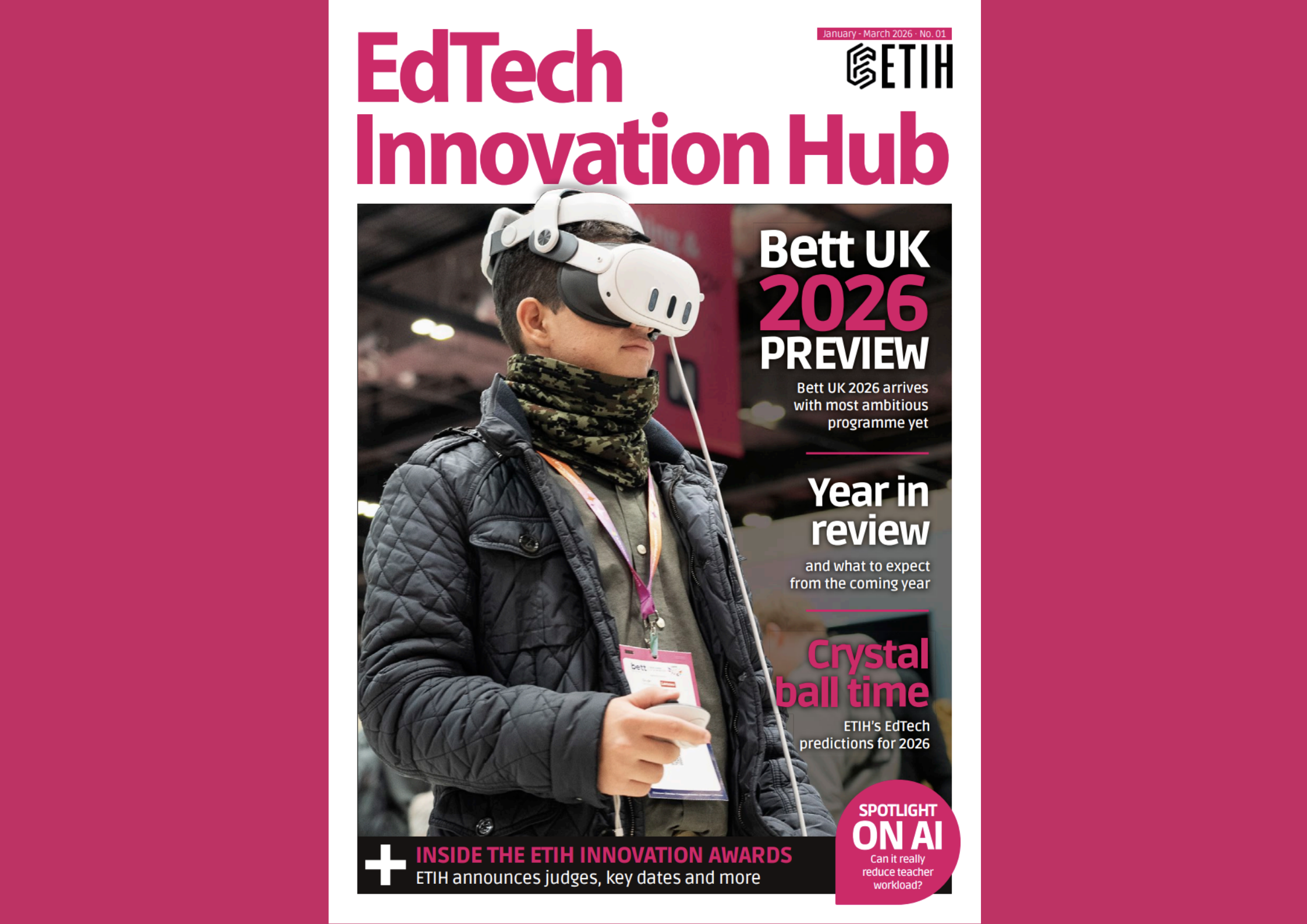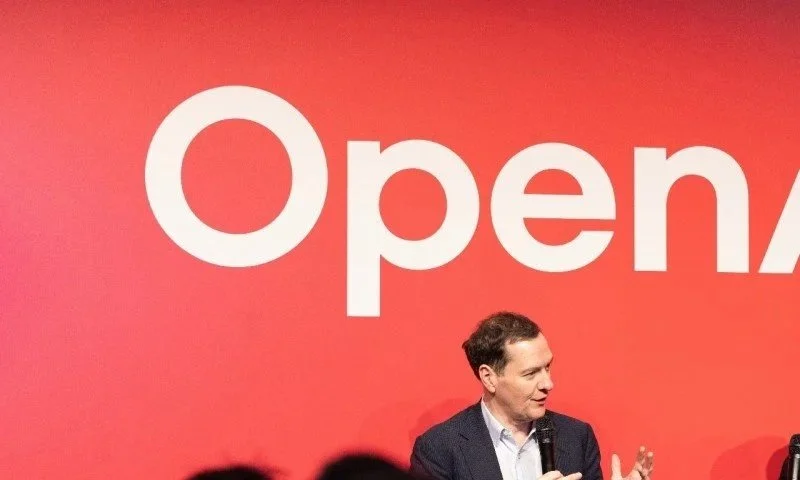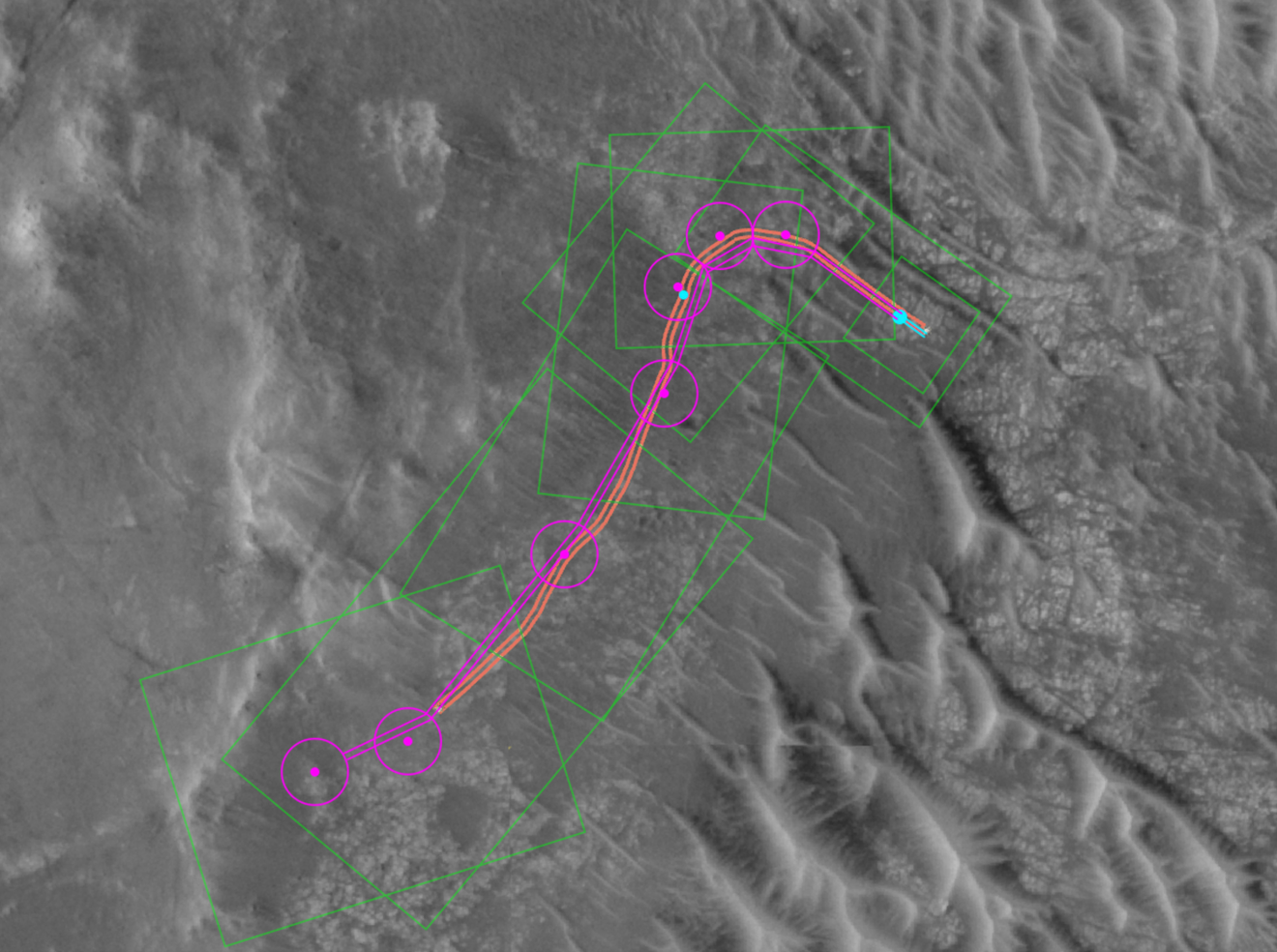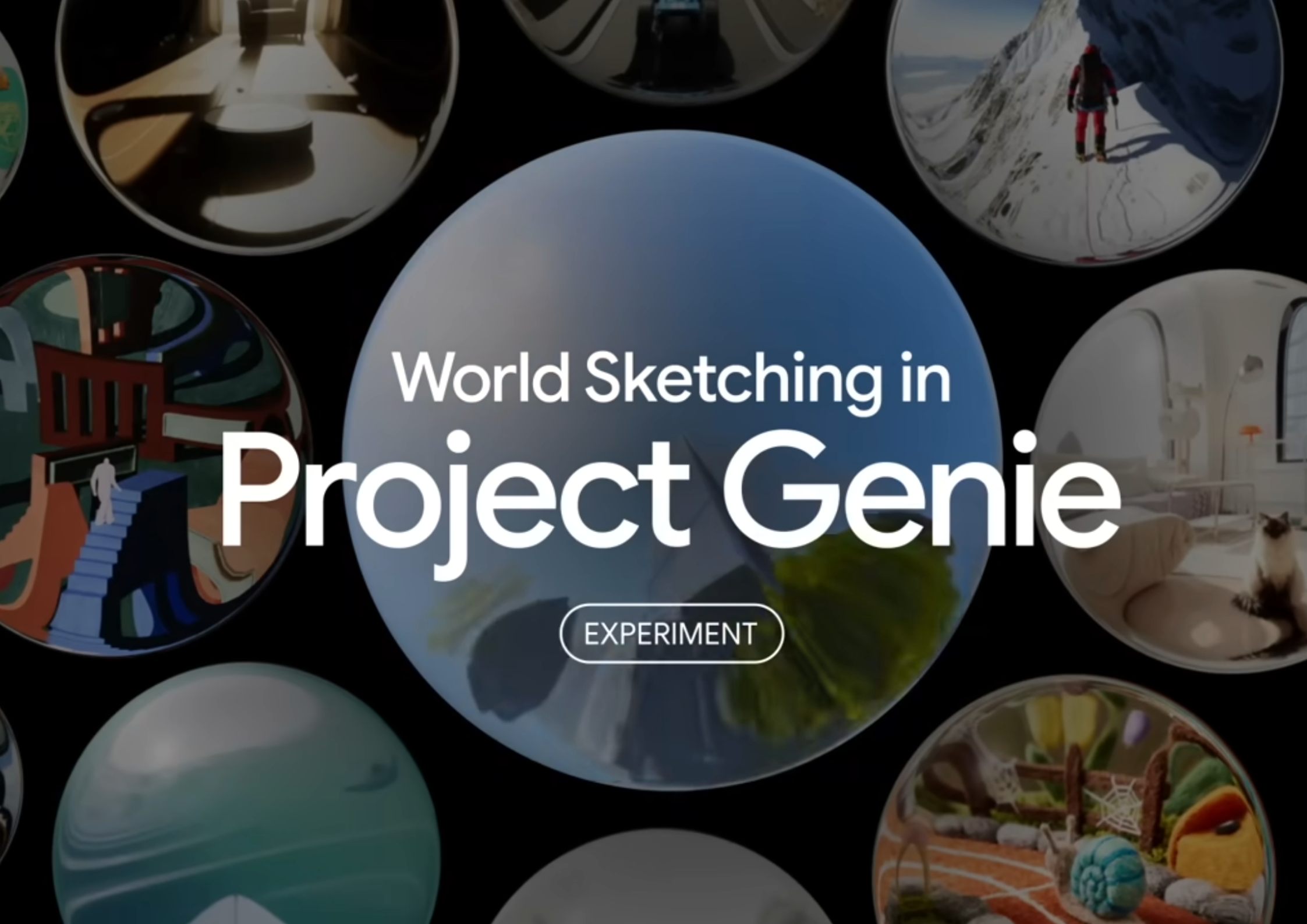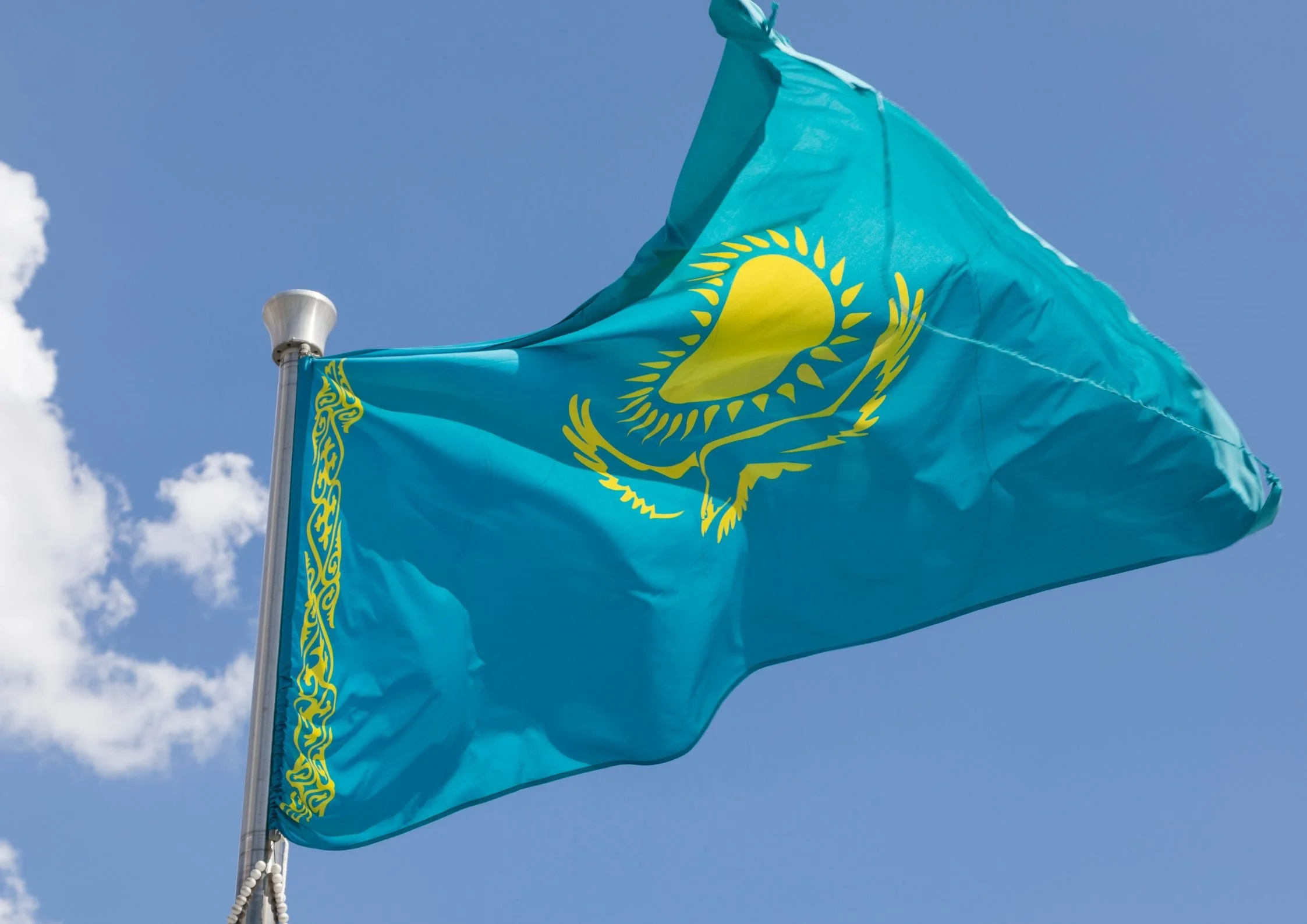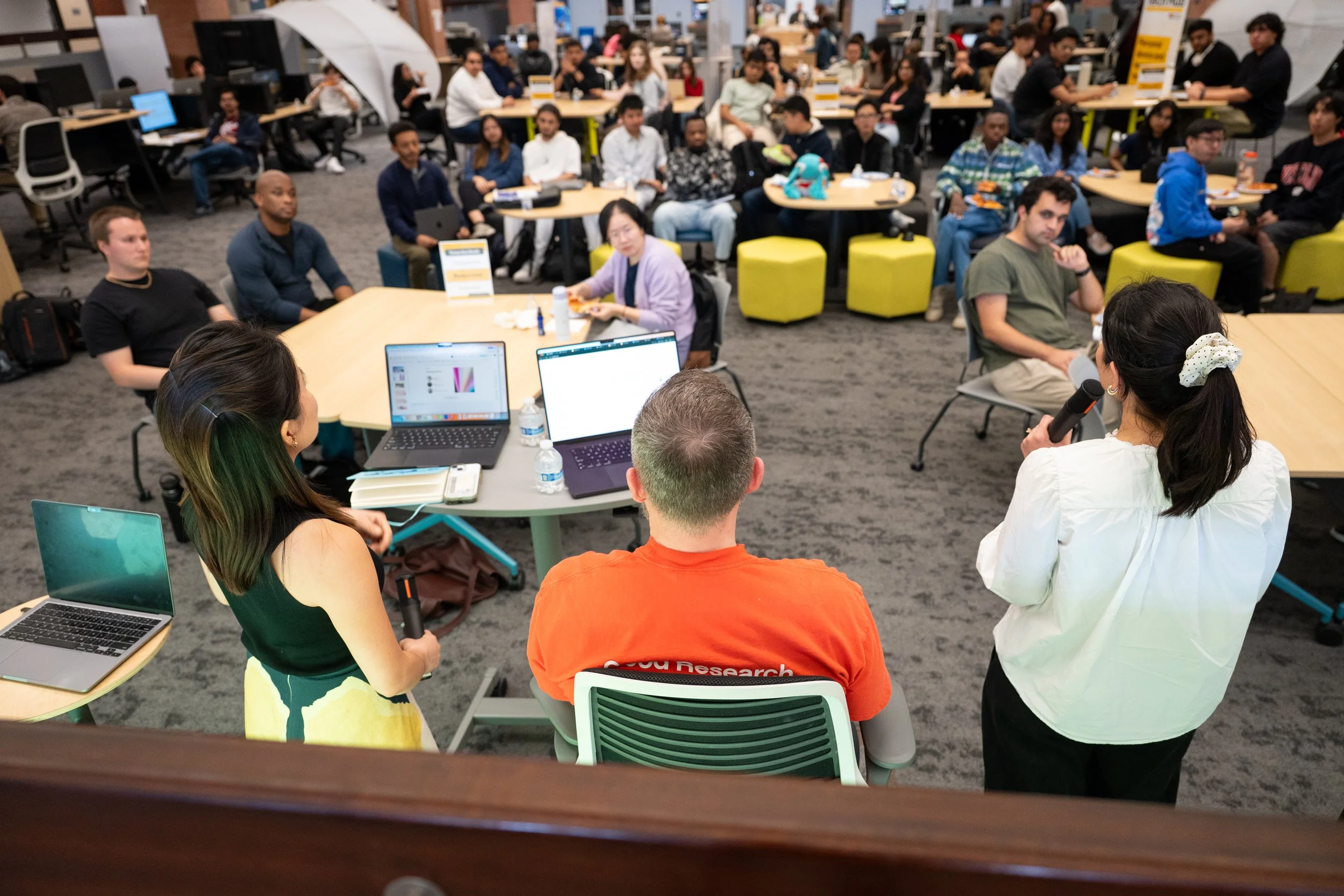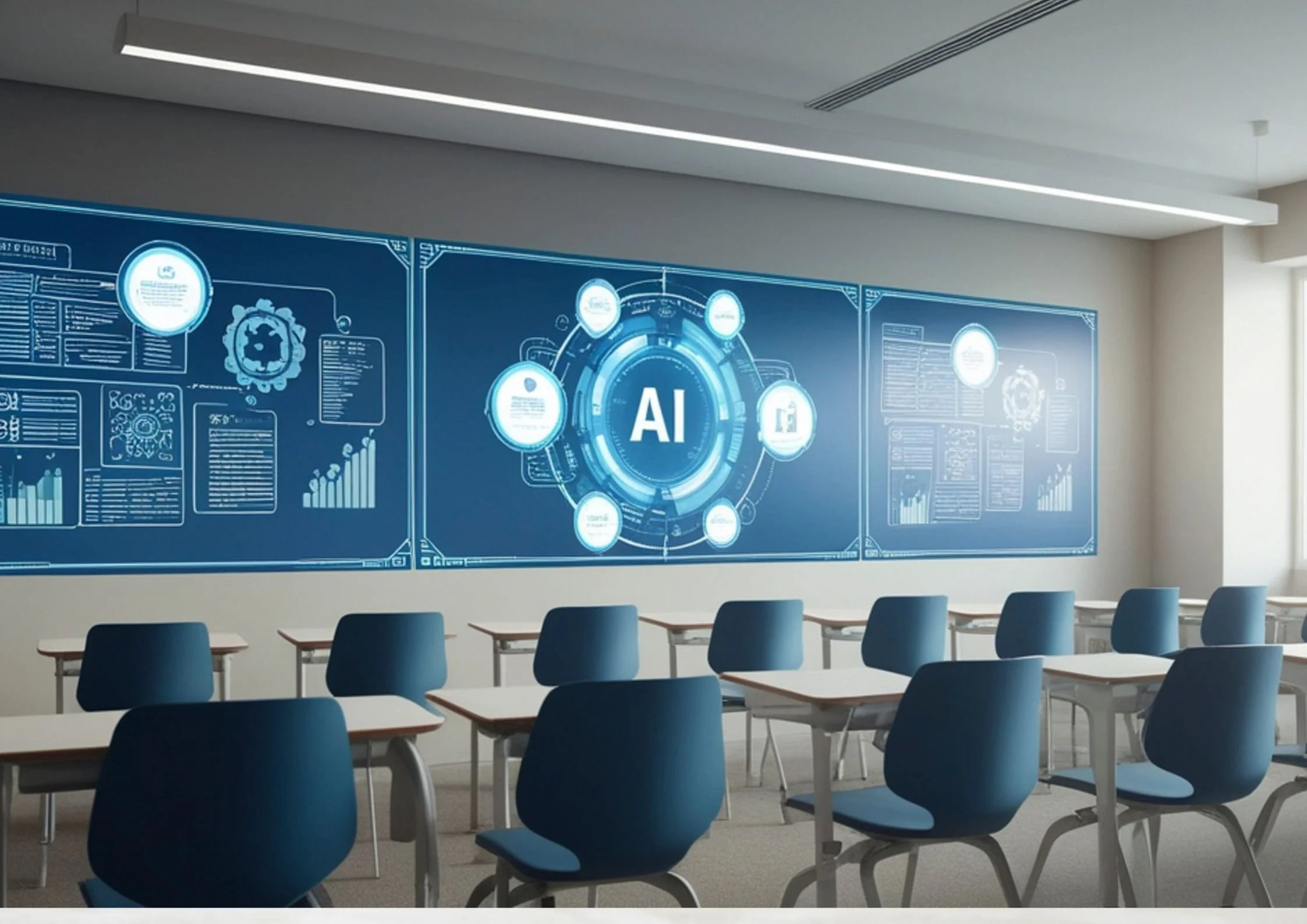Microsoft stumps up $15.2 billion investment to UAE AI growth through 2029
Microsoft has announced a $15.2 billion investment in the United Arab Emirates to expand AI and cloud infrastructure, develop local talent, and strengthen digital trust between the UAE and the United States.
Microsoft Vice Chair and President Brad Smith took to LinkedIn to announce a $15.2 billion commitment to the UAE, marking one of the company’s largest international investments to date. The spending, which runs through 2029, covers technology infrastructure, AI research, and large-scale workforce training initiatives.
In his blog, Smith wrote that the investment reflects a “shared vision for AI innovation, economic growth, and ensuring that the benefits of AI are diffused broadly.” He said Microsoft’s goal is to contribute not only to its business growth but to “the local economy” through investment in “technology, talent, and trust.”
Microsoft operates as one of the world’s largest technology companies, providing software, cloud, and AI services to enterprise, government, and education sectors. The new funding strengthens its presence in the UAE, where it has already invested heavily in data centers, cloud infrastructure, and its regional engineering workforce.
According to Smith, Microsoft has already spent $7.3 billion since 2023, including a $1.5 billion equity investment in G42, the UAE’s sovereign AI company, along with $4.6 billion in capital expenses for AI and cloud data centers and $1.2 billion in operating costs.
Between 2026 and 2029, the company plans to spend an additional $7.9 billion, largely focused on AI infrastructure and ongoing expansion projects across Abu Dhabi and Dubai. New announcements are expected later this week during technology conferences in the UAE.
Smith emphasized transparency about the figures, stating that “on some days, it feels like the tech sector is gripped in a rhetorical race to announce ever larger, sky-high numbers,” but added that Microsoft’s investment “is not money raised in the UAE. It’s money we’re spending in the UAE.”
AI infrastructure and export licenses
A major part of the initiative involves bringing advanced computing hardware to the UAE. Microsoft secured rare U.S. export licenses under both the previous and current administrations to ship NVIDIA GPUs to the country.
The company said it has already accumulated the equivalent of 21,500 NVIDIA A100 GPUs, including A100, H100, and H200 chips. A second round of licenses approved in September allows Microsoft to ship an additional 60,400 equivalent A100 GPUs using the newer GB300 model.
Smith said these GPUs are powering models from OpenAI, Anthropic, Microsoft, and open-source providers, supporting both public and private sector organizations. He added that the UAE now leads globally in per capita use of generative AI, with 59.4 percent of the population using AI tools, according to Microsoft’s recent AI Diffusion Report.
Microsoft’s UAE presence has grown to nearly 1,000 employees representing 40 nationalities, supported by an Emirati partner network of 1,400 firms employing 45,000 professionals.
In 2024, the company established the Global Engineering Development Center in Abu Dhabi, designed to attract and retain regional tech talent. The center develops AI and cloud-based tools and supports businesses adopting these technologies. Microsoft also opened a new AI for Good Lab in Abu Dhabi, which trains AI models for underrepresented languages spoken across Africa.
The company’s AI skilling initiative, launched last year, aims to train one million people in the UAE by 2027. It includes programs for 120,000 government employees, 175,000 students, and 39,000 teachers in collaboration with GEMS, ADEK, and KHDA.
Smith said, “Talent is the engine of AI leadership. Attracting, nurturing, and building AI talent and know-how is essential to the UAE turning its vision of becoming a global leader into a reality.”
Building digital trust and governance frameworks
Alongside infrastructure and skills, Microsoft is investing in governance and ethical frameworks for responsible AI development.
The company co-founded the Responsible AI Future Foundation (RAIFF) with G42 and the Mohamed bin Zayed University of Artificial Intelligence (MBZUAI) to promote responsible AI standards across the Middle East and Global South. The foundation conducts research on the technical and ethical aspects of AI and develops region-specific deployment frameworks.
Microsoft also helped establish the Intergovernmental Assurance Agreement (IGAA)—a first-of-its-kind binding framework between Microsoft and G42—developed in consultation with both the U.S. and UAE governments. The agreement covers cybersecurity, export controls, data protection, and AI safety compliance, and was shaped by feedback from U.S. lawmakers and security officials.
Smith described the framework as essential to maintaining bilateral trust, saying it ensures both companies “meet or exceed U.S. standards in critical areas such as cybersecurity and physical security, export controls and technology transfer, data protection and responsible AI, and Know Your Customer (KYC) best practices.”
The partnership between Microsoft and G42 also extends to the Abu Dhabi Global AI Summit, hosted in collaboration with Eurasia Group’s GZERO Media. The event brings together policymakers, researchers, and corporate leaders to discuss AI diffusion across the Global South and the risk of widening technological inequality.
Microsoft’s delegation in Abu Dhabi includes public and private representatives from Seattle, aiming to deepen ties between U.S. and UAE institutions. The initiative underscores the company’s focus on linking local investment with international collaboration.
Aki Antman, Founder and Chairman of Sulava MEA, described the announcement as “a global shift,” writing on LinkedIn: “This is not just about data centers or cloud capacity. It’s about transforming how people work, lead, and create value in an AI-native world.”
Smith closed his announcement by reaffirming Microsoft’s commitment to the UAE’s digital transformation and to strengthening cooperation between the two nations. He wrote: “We believe in the UAE’s long-term economic vision and the role the UAE and the U.S. continue to play together to support peace, stability, and growth across the Middle East.”
He added, “Technology is our business and we’re as excited as anyone by its potential. But we know that ultimately there is only one test that matters. It’s how our technology empowers others to achieve more.”





